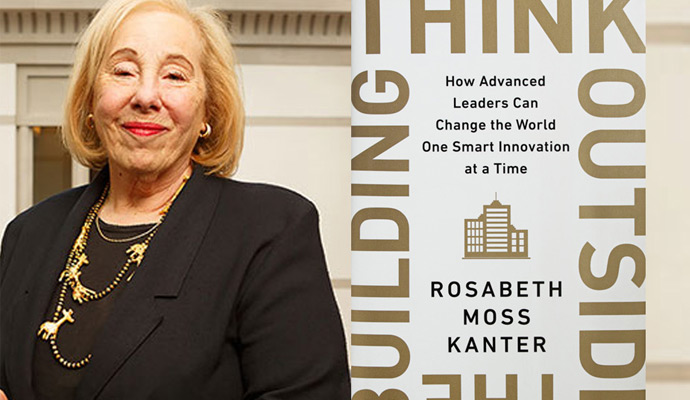Top shelf picks: Best Business Books 2019
Writers at strategy+business pick the year’s best books in seven categories.

Narratives
In the U.S., the fortunes of transportation industries and the economy have always been inextricably linked. William Knoedelseder’s Fins: Harley Earl, the Rise of General Motors, and the Glory Days of Detroit (HarperBusiness, 2018), tells the story of GM mainly through Harley Earl, who from the 1920s until the 1950s created the look of the company’s cars, and by extension, the look of American cars. Harley operated as a “kind of combination Steve Jobs and Tom Ford of his time,” Knoedelseder writes in his book, which is the best of this year’s crop of business narratives thanks to his rich portrayal of the auto industry’s boom years, and the men (they were mostly men) who made it all happen.
—Adapted from “Trains, automobiles and the plan impact of transportation,” by Bethany McLean
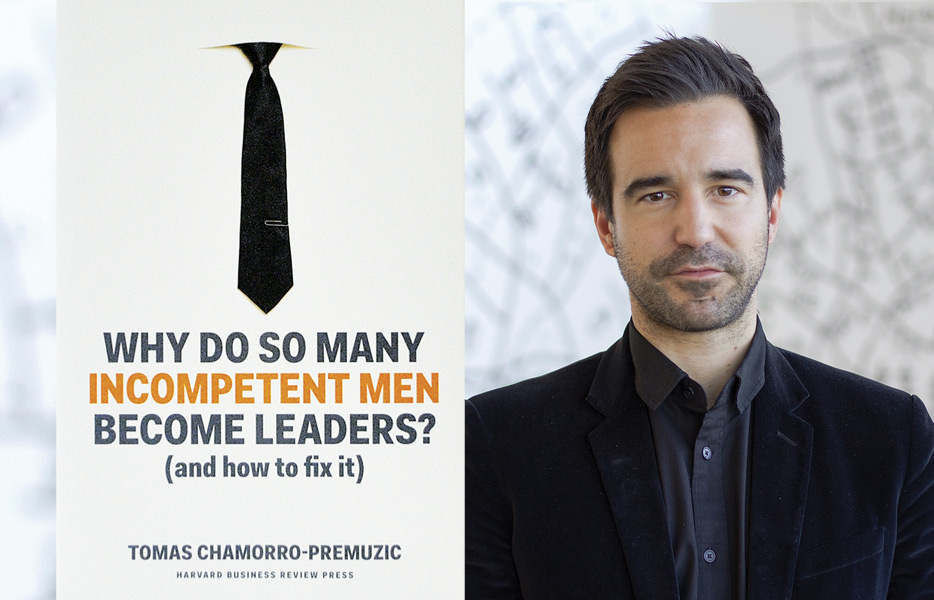
Talent & Leadership
Inept leadership has become epidemic despite the widespread recognition that organizations can survive only if they retain, engage, and motivate talent. In Why Do So Many Incompetent Men Become Leaders? (And How to Fix It) (Harvard Business Review Press, 2019), this year’s best business book on talent and leadership, Tomas Chamorro-Premuzic notes that poor leadership is the chief cause of employee turnover and disengagement worldwide; in the U.S. alone, this translates into an annual productivity loss of US$500 billion. The author writes that a wildly disproportionate number of leadership positions are held by men, and asks whether this is a question of causation or correlation. He argues for the former, which his research suggests is chiefly the result of the difficulty people have detecting incompetence in men. This premise, and the comprehensiveness of the research that underlies it, make this a must-read for our era.
—Adapted from “Creating safe spaces for all,” by Sally Helgesen
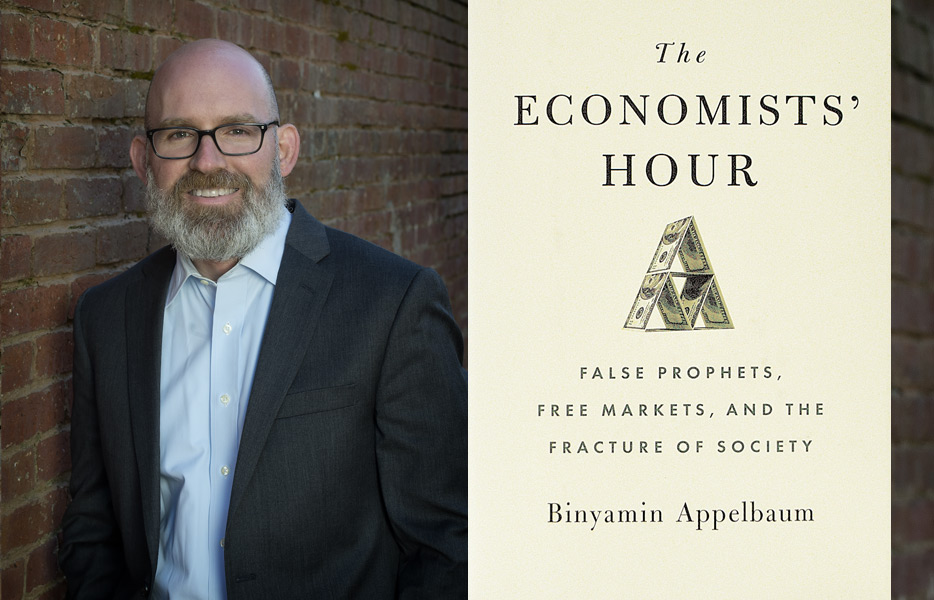
Economics
Binyamin Appelbaum’s The Economists’ Hour: False Prophets, Free Markets, and the Fracture of Society (Little, Brown, 2019), this year’s best business book on economics, is a sweeping indictment of the intellectual contributions and policy victories of the field of economics over the past half century. Economists, he argues, have enjoyed an extraordinary period of sway over the shaping of public policy, which transformed the global economy and the societies of the developed world. That era is now coming to a bitter end, wrecked on the shores of the profession’s hubris. Appelbaum, the economics columnist at the New York Times, tackles cases in which the conventional wisdom has already turned against economists. It is difficult to dispute Appelbaum’s overarching point: that the claims of the economists who helped overturn the policies of the postwar era have not been vindicated. Growth has not accelerated, deregulation has not brought about a surge in living standards, and a rising tide has not lifted all boats. In this new political climate, the reins are being pulled away from the hands of economists and technocrats. Economics might well manage to reinvent itself and regain its stature in the public eye. If and when that happens, however, the world may be a very different place.
—Adapted from “Make economics germane again,” by Ryan Avent
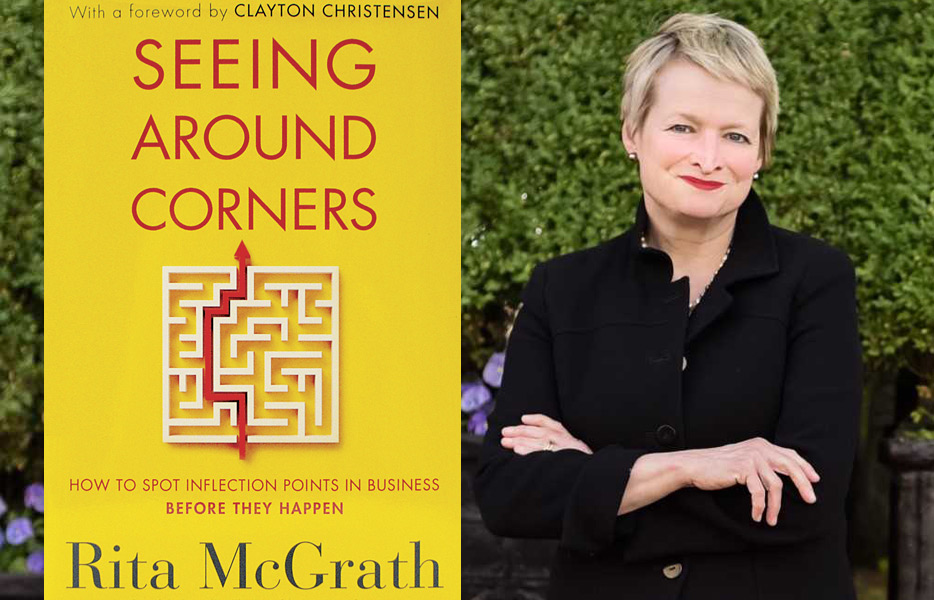
Strategy
In Seeing Around Corners: How to Spot Inflection Points in Business Before They Happen (Houghton Mifflin Harcourt, 2019), this year’s best business book on strategy, Rita McGrath focuses on how leaders can spot inflection points and then set up their businesses to benefit when the change comes and new markets materialize. Rather than coming out of nowhere, new trends in fact develop gradually. And in so doing, they create opportunities, especially for those who adopt a nimble, discovery-driven process. The problem? Companies often have an overly narrow view of the opportunities that lie ahead of them. And many of the indicators leaders rely on to detect changes are lagging indicators; by the time a powerful new trend shows up on your P&L in the form of lower sales, it’s often too late. McGrath wants to build the capability across organizations to spot inflection points and to mobilize ways to take advantage of them. The key, she argues, is to focus on what customers are doing and what they need, and to take an expansive view of the “arenas” they create, rather than the markets or sectors that currently serve them.
—Adapted from “Strategy matters,” by David Lancefield
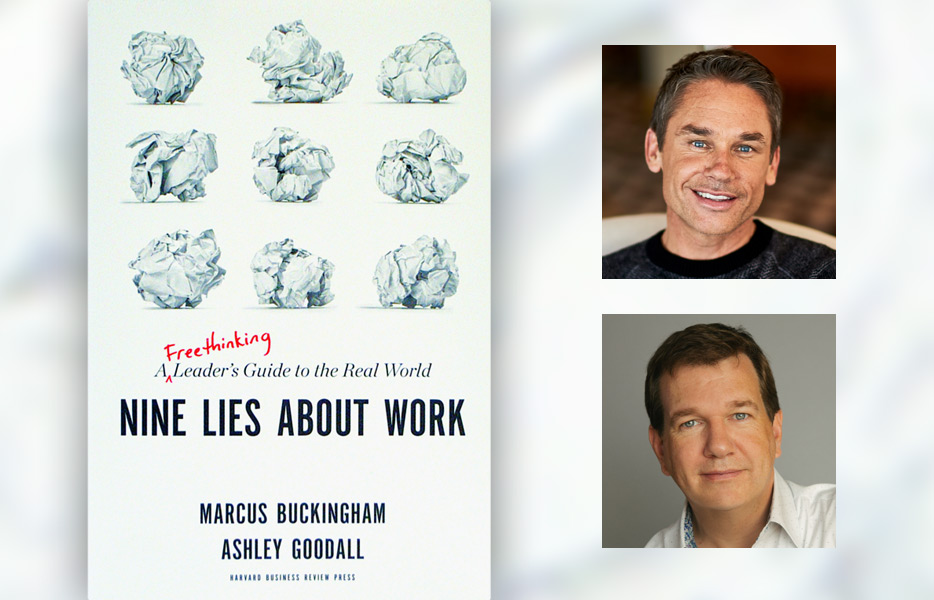
Management
Nine Lies About Work: A Freethinking Leader’s Guide to the Real World (Harvard Business Review Press, 2019), by Marcus Buckingham and Ashley Goodall, challenges the assumptions that underlie contemporary managerial practices. It is a deceptive book. At first, it seems like a contrarian take on a few managerial truisms, such as “the best plan wins” and “people need feedback.” But it adds up to something much more subversive — a stealth attack on the whole discipline of management. “As you read, you’ll realize that these Nine Lies have taken hold because each satisfies the organization’s need for control,” write Buckingham and Goodall, senior vice president of leadership and team intelligence at Cisco. What’s the problem with control? Nothing, in small doses. But taken to extremes, control quashes individuality, and all the energy and creativity that accompanies it. Most of all, argue the authors, your effectiveness as a manager is linked to “how seriously and intelligently you cultivate your own idiosyncrasy, and to what end. The deeper and more extreme your idiosyncrasy becomes, the more passionately your followers follow — and while this is frustrating to us when we happen to disagree with the ends of a particular leader, it is so nonetheless.” That vision makes Nine Lies About Work the year’s best business book on management.
—Adapted from “Get real, get heard, grease the skids,” by Theodore Kinni
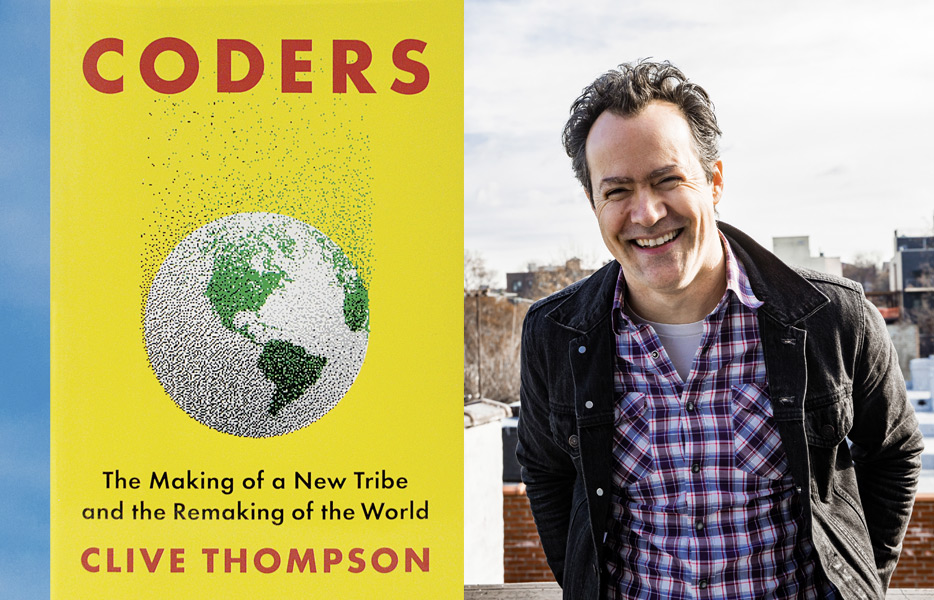
Tech & Innovation
Understanding coders has never been more important. One of the distinctive developments of the past 20 years is that coders are now the people running companies, the people in charge of making really important decisions that shape our politics, our economy, and much of our everyday lives. Those decisions have been enormously lucrative, but have also led to an enormous amount of skepticism about the value of the work that coders do. Although there are surely people in Silicon Valley who still see technology as the way to a brighter, freer, more connected future, the double-edged nature of technology, and of the Internet specifically, should be obvious. The importance of Clive Thompson’s Coders: The Making of a New Tribe and the Remaking of the World (Penguin Press, 2019), the year’s best book on technology and innovation, is that it helps us understand, in a deep sense, the world coders inhabit. It’s a world in which efficiency is often seen as a paramount goal. And it’s a world in which the issues that matter most have been practical ones — did these lines of code accomplish the task they’re supposed to accomplish? Coding, as Thompson describes it, can encourage a certain narrowness of vision, a limited perspective on how the world works and what matters. And what Silicon Valley needs now is a wider range of perspectives that can inform the decisions about what it chooses to build and, just as important, what it chooses not to build.
Adapted from “Speaking of code,” by James Surowiecki
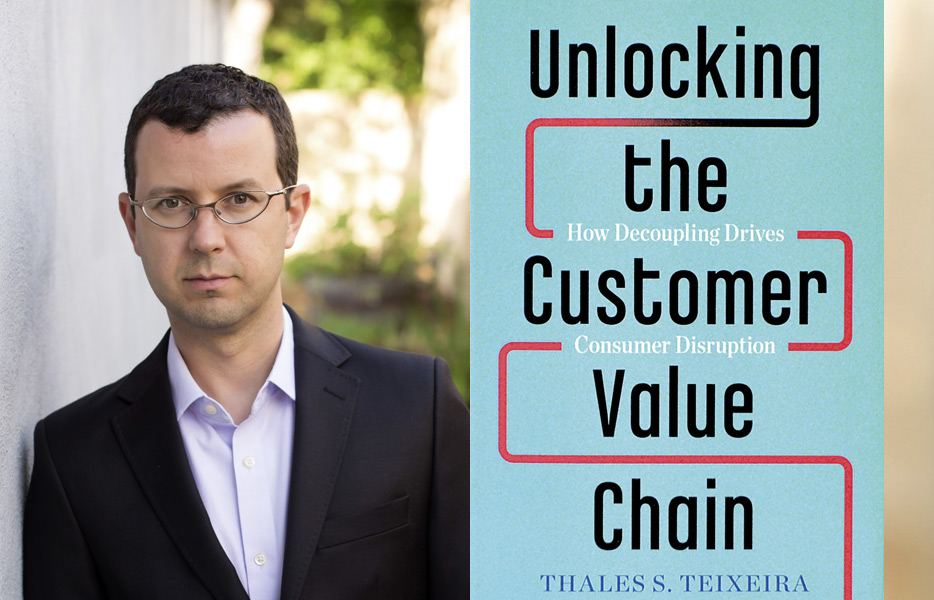
Marketing
In this age of revolutionary change, many of us are seeking a Grand Theory of Everything, something that explains phenomena as seemingly disparate as ride-sharing services, meal-prep kits, and streamed entertainment. Each of these is a new industry, thriving within a much larger industry. Each would have sounded outlandish 15 years ago. But they have all gained traction, and have changed the way consumers go about their daily lives. Thales S. Teixeira’s Unlocking the Customer Value Chain: How Decoupling Drives Consumer Disruption (with Greg Piechota; Currency, 2019) — this year’s best business book on marketing — is a thought-provoking look at what’s really leading to all this innovation. And, no, it’s not technology. That’s just an enabler. As Teixeira, a professor of business administration at Harvard Business School, explains, the book “presents a new approach to digital disruption, one rooted not in a study of technology or business strategy generally, but in the disciplines of marketing and consumer behavior.” Teixeira contends that most of the new business successes we see today are the result of a specific kind of disruption: the fracturing of the traditional customer value chain into more specialized offerings that simply work better for today’s consumers.
—Adapted from “Thriving in a complex and expanding ecosystem,” by Catharine P. Taylor



